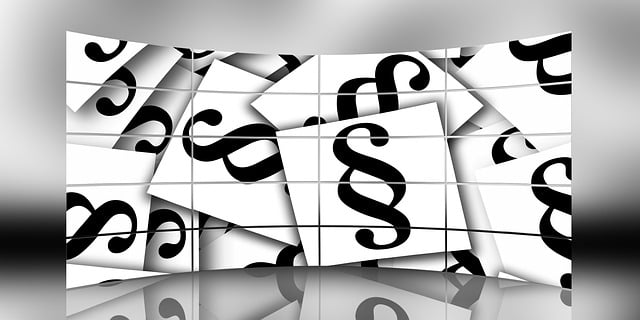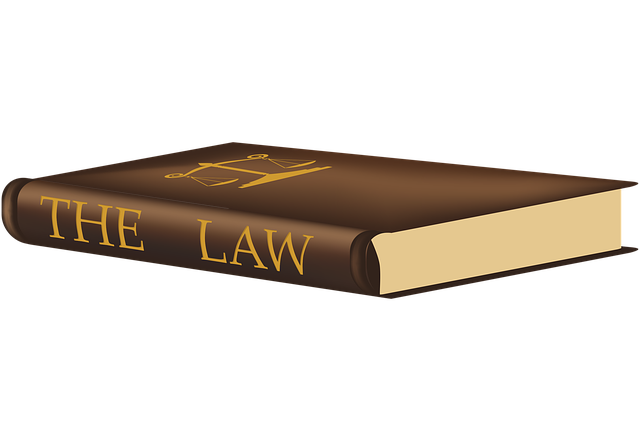Understanding rights under Canadian YCJA crucial for juveniles facing Juvenile DUI charges, ensuring fair treatment and adherence to rehabilitation-focused framework, with potential for reduced sentences like community service and counseling instead of harsher adult penalties.
“Traffic stops can be stressful, but understanding your rights is key. This comprehensive guide navigates the legal landscape for both adults and juveniles in Canada, focusing on the Canadian YCJA (Youth Criminal Justice Act). Learn about your entitlements during a traffic stop and what constitutes a Juvenile DUI under Canadian law. Discover how to navigate legal processes afterward, ensuring you’re prepared and informed.”
- Understanding Your Rights During Traffic Stops
- Canadian YCJA: Juvenile Criminal Law Basics
- What Constitutes a Juvenile DUI in Canada?
- Navigating Legal Processes After a Traffic Stop
Understanding Your Rights During Traffic Stops

During a traffic stop, it’s crucial to be aware of your rights according to laws like the Canadian YCJA (Youth Criminal Justice Act) and regulations concerning Juvenile DUI (Driving Under the Influence). While cooperating with police is generally recommended for safety reasons, understanding your legal protections can help ensure your interactions remain within these boundaries.
Remember that you have the right to remain silent; anything you say could be used against you in court. You are also entitled to an attorney if charged with an offense, and many youth under the YCJA may qualify for legal aid. Being proactive by asking about these rights can help protect your future and ensure fair treatment during a traffic stop.
Canadian YCJA: Juvenile Criminal Law Basics

In Canada, the Youth Criminal Justice Act (YCJA) outlines the legal framework for addressing criminal offences committed by youth aged 12 to 17. When it comes to traffic stops, understanding your rights under the YCJA is essential, especially if you’re a juvenile facing a Juvenile DUI charge. The act emphasizes rehabilitation and reintegration rather than punishment, focusing on diversions, warnings, and alternative measures for young offenders.
The YCJA grants certain protections to juveniles during interactions with law enforcement, including the right to be informed of the reasons for the stop, the right to remain silent, and the right to legal representation. In cases of Juvenile DUI, these rights become crucial as evidence collection and procedures must adhere to strict guidelines. Knowledge of these rights can empower young individuals to navigate such situations with confidence, ensuring their legal entitlements are respected throughout the process.
What Constitutes a Juvenile DUI in Canada?

In Canada, the Youth Criminal Justice Act (YCJA) defines a juvenile as anyone under the age of 18. When it comes to driving under the influence (DUI), specific laws apply to youths. A Juvenile DUI in Canada occurs when an individual under 18 years old operates a motor vehicle while impaired by alcohol or drugs, or with a blood alcohol content (BAC) level exceeding the legal limit for adults, which is 0.05%. This includes cases where a youth may have consumed substances or alcohol at a younger age, highlighting the unique considerations under the YCJA.
Unlike adult DUI charges, courts dealing with Juvenile DUI cases often prioritize rehabilitation and reintegration into society over punitive measures. The YCJA emphasizes accountability, protection of the public, and the opportunity for young offenders to change their behavior. Consequently, sentences for juvenile DUI may include community service, participation in counseling or treatment programs, fines, driver’s license suspension, and other restorative justice approaches tailored to address the underlying issues.
Navigating Legal Processes After a Traffic Stop

After a traffic stop, understanding your rights is crucial, especially for young drivers navigating legal processes under the Canadian YCJA (Youth Criminal Justice Act). If involved in an incident that leads to charges like Juvenile DUI, it’s important to remain calm and exercise these rights. The YCJA provides safeguards to ensure fair treatment, including the right to remain silent, consult with a lawyer, and understand the evidence against you.
Seeking legal counsel is advisable; a qualified attorney can explain your options, challenge any illegal search or seizure, and help build a strong defence. Remember, what you say or do during a traffic stop can have long-lasting implications, so it’s vital to know and assert your rights under the YCJA to protect yourself from potential misunderstandings or wrongful charges like Juvenile DUI.
Understanding your rights during traffic stops is crucial, especially for juveniles under the Canadian YCJA. Knowing what constitutes a Juvenile DUI in Canada can help ensure fair treatment and prompt navigation of legal processes afterwards. Familiarity with these aspects empowers individuals to protect their rights and make informed decisions following any interaction with law enforcement.






